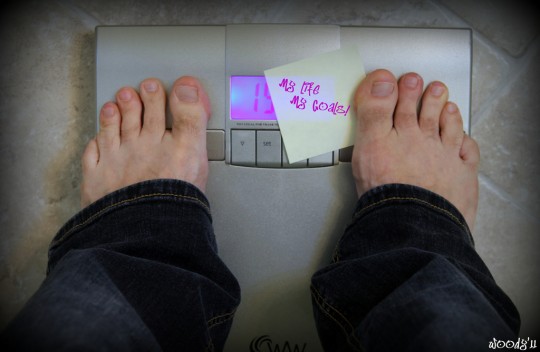Research shows remote weight loss interventions equally effective as face-to-face coaching programs
Research shows remote weight loss interventions equally effective as face-to-face coaching programs
Remote weight loss interventions, such as online or phone counseling by health coaches, are as equally effective as programs requiring face-to-face contact, according to findings presented this week at the American Heart Association’s annual meeting in Orlando, Fla.
In the study, 415 obese men and women, who had an average age of 54 and at least one cardiovascular risk factor, were assigned to two programs: one combined phone, online, e-mail and group and individual coaching sessions and the second lacked the in-person support component. A third group met with a weight-loss coach at the beginning of the study and had the option of meeting with them at the end but didn’t receive any regular counseling in between besides referrals to online resources and brochures. The Checkup blog reports:
At 24 months, those in the remote-support-only group had lost a mean of 10.12 pounds; those in the remote-plus-in-person support group lost a mean of 11.22 pounds; and those in the control group lost a mean of 1.76 pounds. While 38.2 percent of the remote-only group lost 5 percent or more of their starting weight, 41.4 percent of those in the remote-plus-in-person group did so; only 18.8 percent of the control group achieved that 5-percent weight loss, a widely accepted benchmark at which health benefits of weight loss start to kick in. In short, those receiving only remote support lost nearly as much as those also receiving in-person support.
Similarly, research by Abby King, PhD, at the Stanford Prevention Research Center has shown that computer calls can motivate even skeptical couch potatoes to go for regular walks and that specially-programmed smartphones can persuade middle-aged and older Americans into increasing their physical activity levels.
King and colleagues are now testing three smartphone applications, which use the accelerometer in the phone and a custom program to monitor how much a smartphone wearer walks or runs during the day, to understand how such tools can help motivate midlife and older adults to improve daily health habits.
By Lia Steakley
Stanford University Medical Center
Photo by Camera Eye Photography
###
* Stanford University Medical Center integrates research, medical education and patient care at its three institutions – Stanford University School of Medicine, Stanford Hospital & Clinics and Lucile Packard Children’s Hospital.
** The above story is adapted from materials provided by Stanford University School of Medicine
________________________________________________________________




















